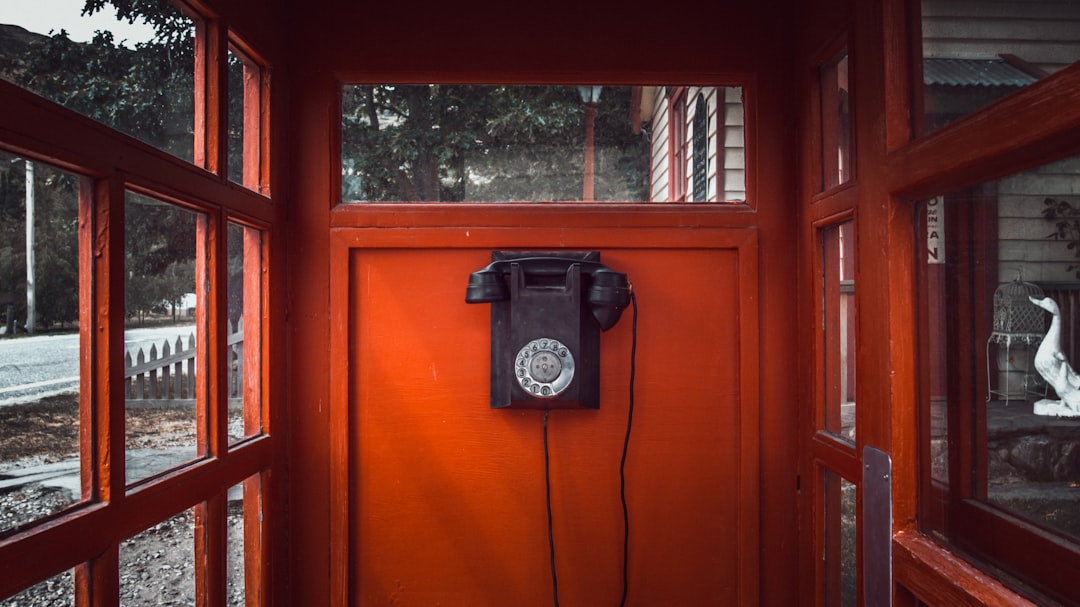Vermont has strict robocall laws to protect residents from intrusive automated telemarketing calls and potential fraud, with penalties for violations. Combating robocalls involves technological tools like call-blocking apps (e.g., TrueCall, Hiya) that use community reporting and machine learning, along with user awareness through call history reviews and reporting suspicious numbers. Vermont's Attorney General's Office leads efforts to educate the public, advocate for TCPA regulations, and foster a multi-faceted approach to protect residents from unwanted robocalls in a dynamic landscape.
Tired of unwanted calls from automated robots? Vermont residents now have powerful tools at their disposal to combat persistent robocalls. This comprehensive guide delves into the intricate world of robocall laws in Vermont, offering a clear understanding of your rights and protections. We explore cutting-edge techniques for identifying and blocking these nuisance calls, highlighting top-rated apps specifically designed to shield you from unwanted intrusions. Stay ahead in the battle against robocalls with our insights and continuous updates on evolving strategies.
Understanding Robocall Laws in Vermont: A Comprehensive Overview

In Vermont, just like in many other states, robocalls have sparked significant concern among residents due to their intrusive nature and potential for fraud. Understanding the robocall laws in Vermont is crucial for both consumers and businesses to ensure compliance and protect themselves from unwanted calls. The state has implemented measures to curb excessive automated telephone marketing, giving residents more control over their phone lines.
Vermont’s robocall laws are designed to balance consumer protection with business needs. According to these regulations, companies must obtain explicit consent before making automated telemarketing calls. This means that if you haven’t given your permission, businesses cannot use robotic dialing systems or pre-recorded messages to contact you for marketing purposes. There are strict penalties for violations, including fines and legal action, underscoring the state’s commitment to protecting its citizens from annoying and deceptive robocalls.
Identifying and Preventing Robocalls: Tools and Techniques

Identifying and preventing robocalls is a multifaceted approach that combines technology and user awareness. One effective tool is using apps designed to block unwanted calls, many of which leverage community-based reporting systems. These apps use databases that are regularly updated with known robocall numbers, allowing them to automatically filter out suspicious calls. Features like call screening and voice recognition also play a crucial role in identifying potential robocalls. Users can set up their devices or preferred app to block numbers associated with frequent spam or scam attempts.
In Vermont, where robocall laws are stringent, these measures become even more critical. According to the Vermont Attorney General’s Office, consumers have legal recourse against unauthorized automated calls for marketing purposes. By staying informed and utilizing available tools, Vermont residents can better protect themselves from robocalls. Regularly reviewing call history, reporting suspicious numbers, and keeping apps up-to-date are practical steps towards a quieter, safer communication environment.
Top-Rated Apps to Block Robocalls in Vermont

In Vermont, where robocalls have been a growing concern due to the state’s strict robocall laws, several top-rated apps have emerged as powerful tools for protection. These applications offer advanced call blocking technologies, leveraging machine learning algorithms to identify and prevent automated calls from reaching your phone lines.
One popular choice is TrueCall, consistently ranked among the best in user reviews. It utilizes a vast global database of known robocallers and allows users to report suspicious calls, enhancing its accuracy over time. Another notable app is Hiya, praised for its ability to block not only robocalls but also spam texts. By analyzing call patterns and caller behavior, these apps provide a robust defense against unwanted intrusions, ensuring Vermont residents can enjoy a quieter, more peaceful communication experience.
Staying Protected: Continuous Efforts Against Robocalls in a Changing Landscape

Staying Protected: Continuous Efforts Against Robocalls in a Changing Landscape
In Vermont, as in many parts of the country, robocalls remain a persistent and evolving problem. Despite advancements in technology and changes to robocall laws, these automated calls continue to plague consumers, leading to increased frustration and safety concerns. The dynamic nature of these calls necessitates a multifaceted approach to stay protected.
Vermont’s Attorney General’s Office actively works with law enforcement agencies and consumer advocates to combat robocalls. They collaborate on educating the public about the latest scams and legitimate call practices, promote the use of blocking tools and call-screening apps, and advocate for stricter regulations under the Telephone Consumer Protection Act (TCPA). By staying informed and utilizing available resources, Vermont residents can better protect themselves from unwanted and potentially harmful robocalls.






